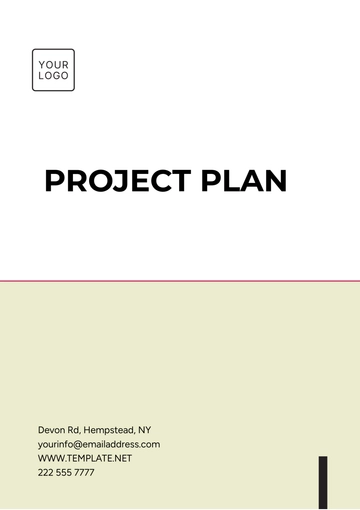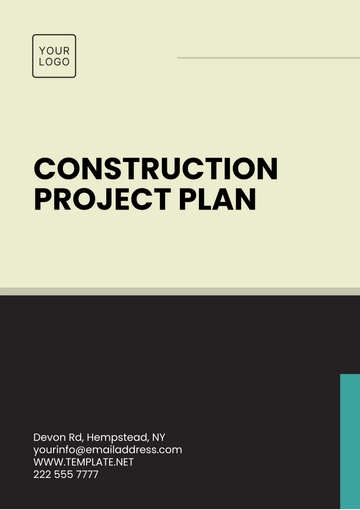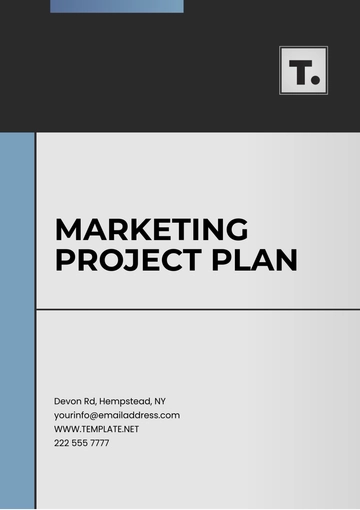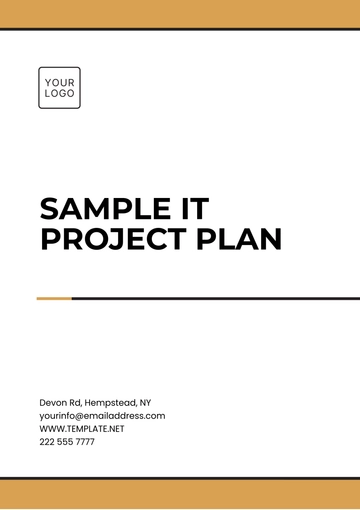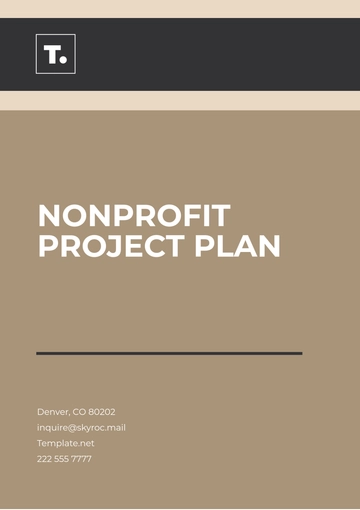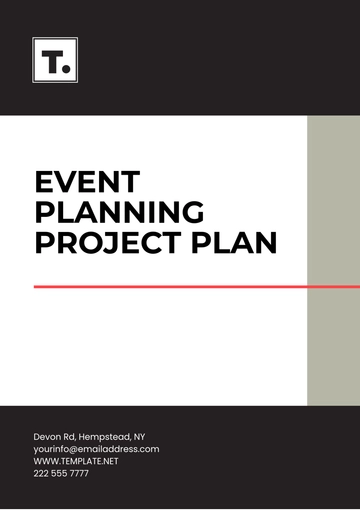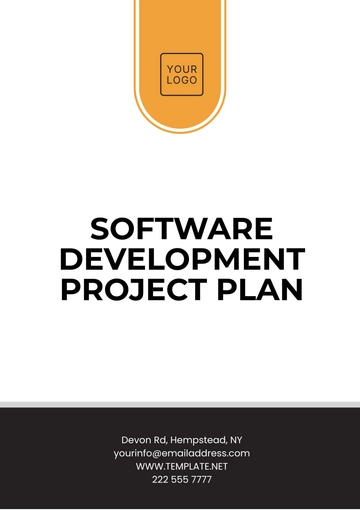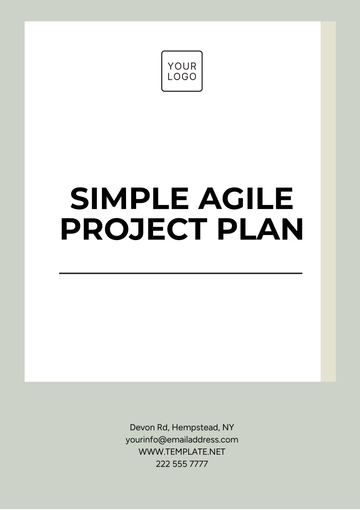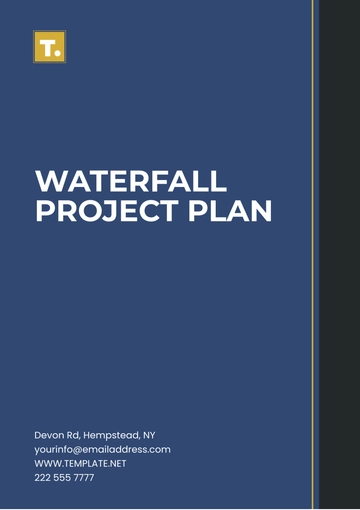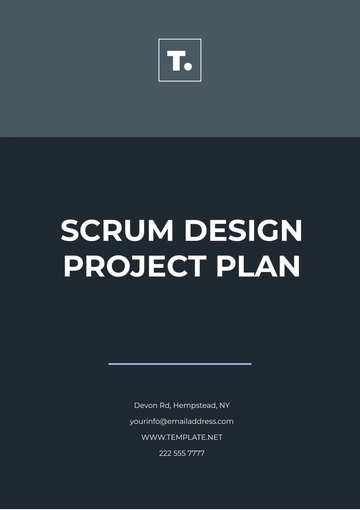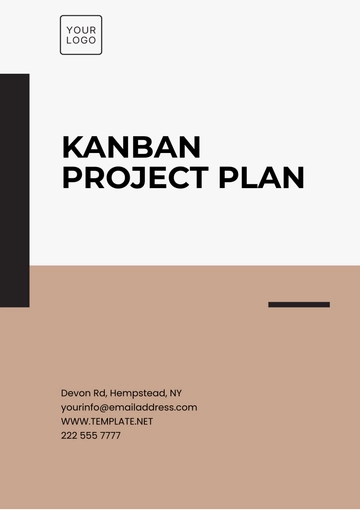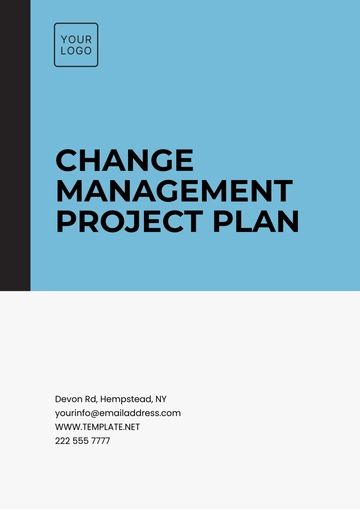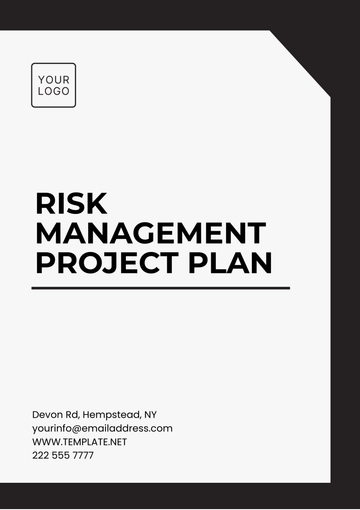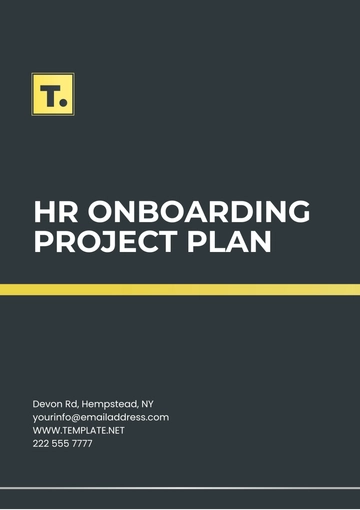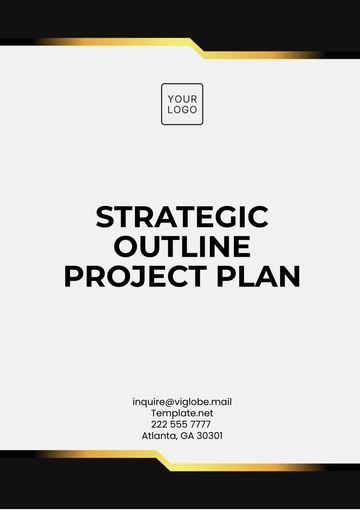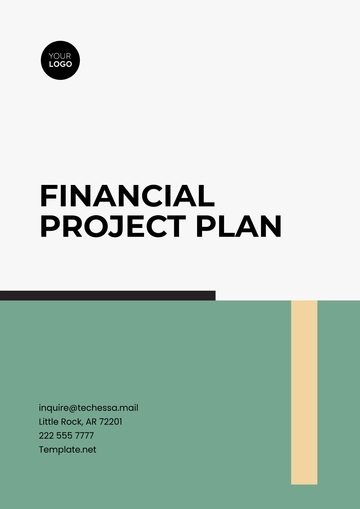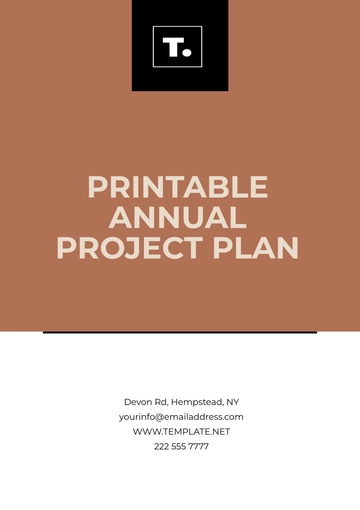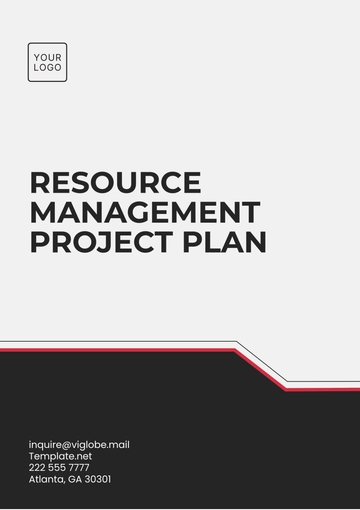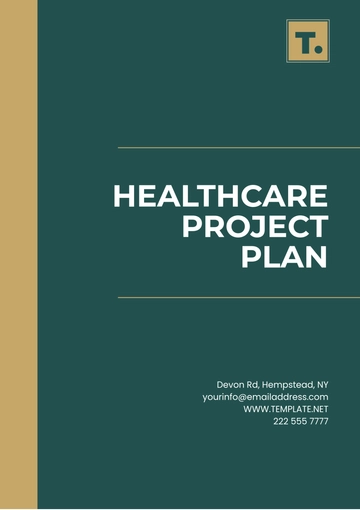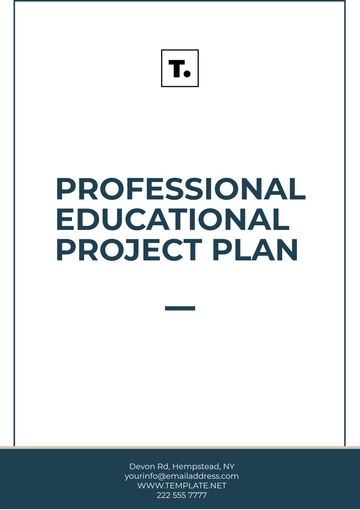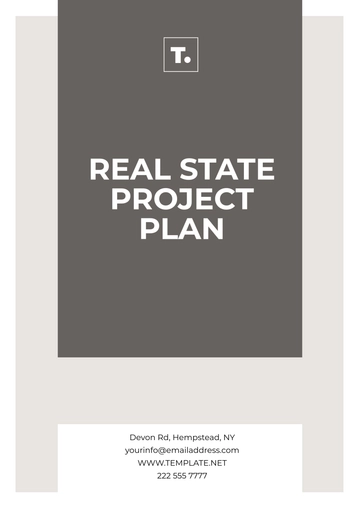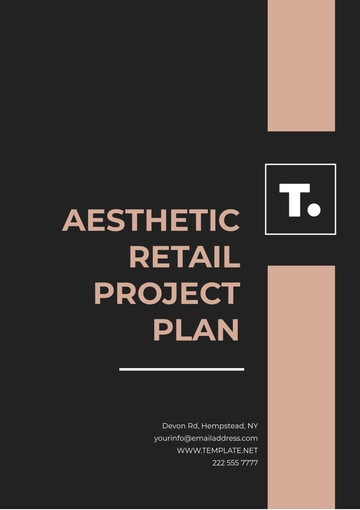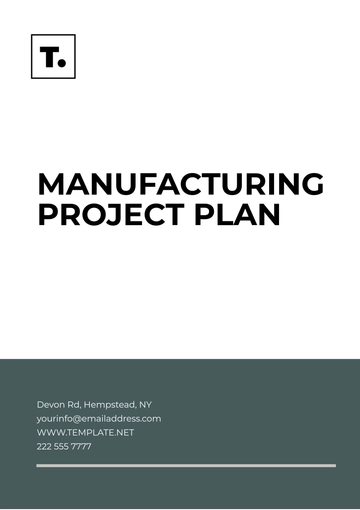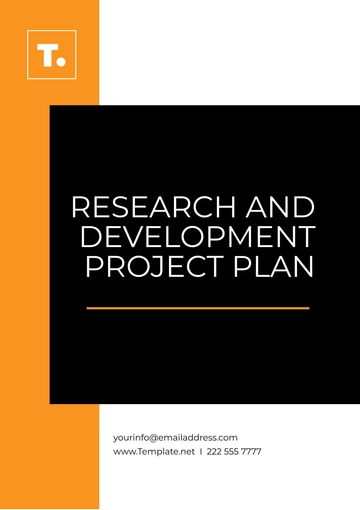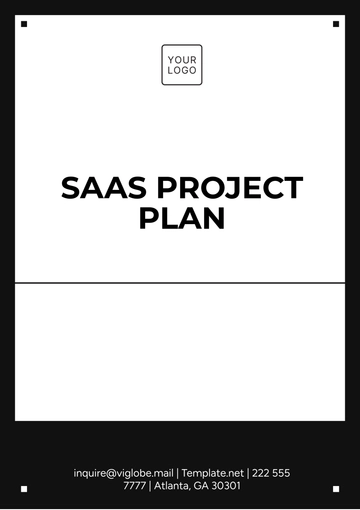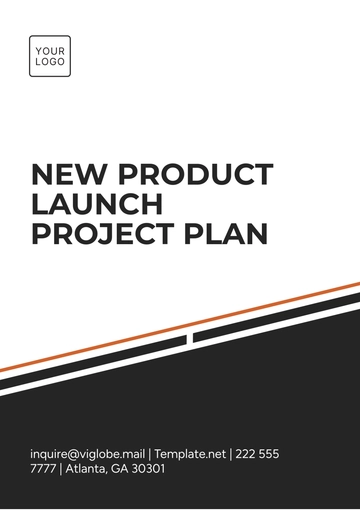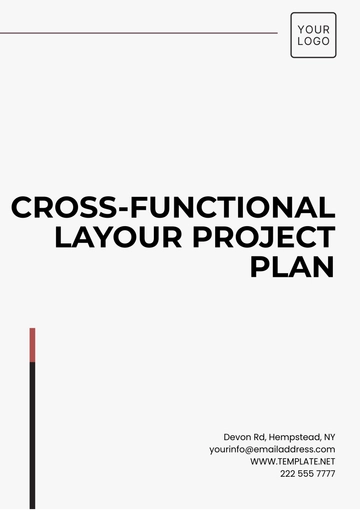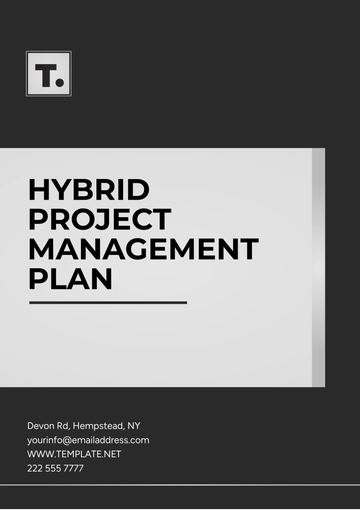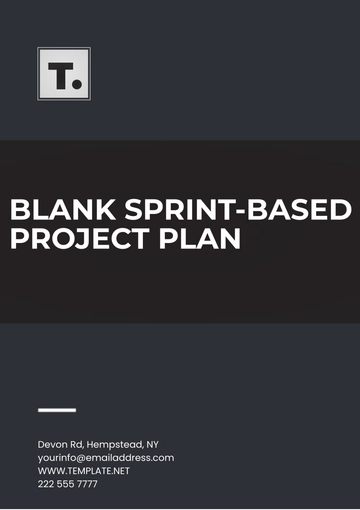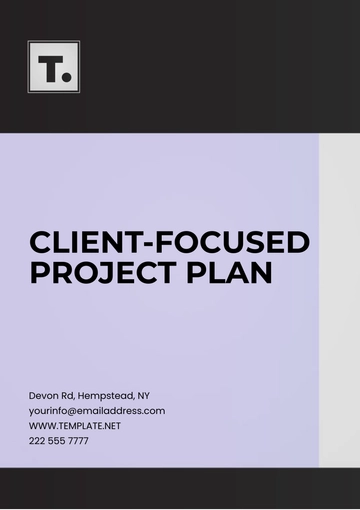Free Digital Marketing Project Plan
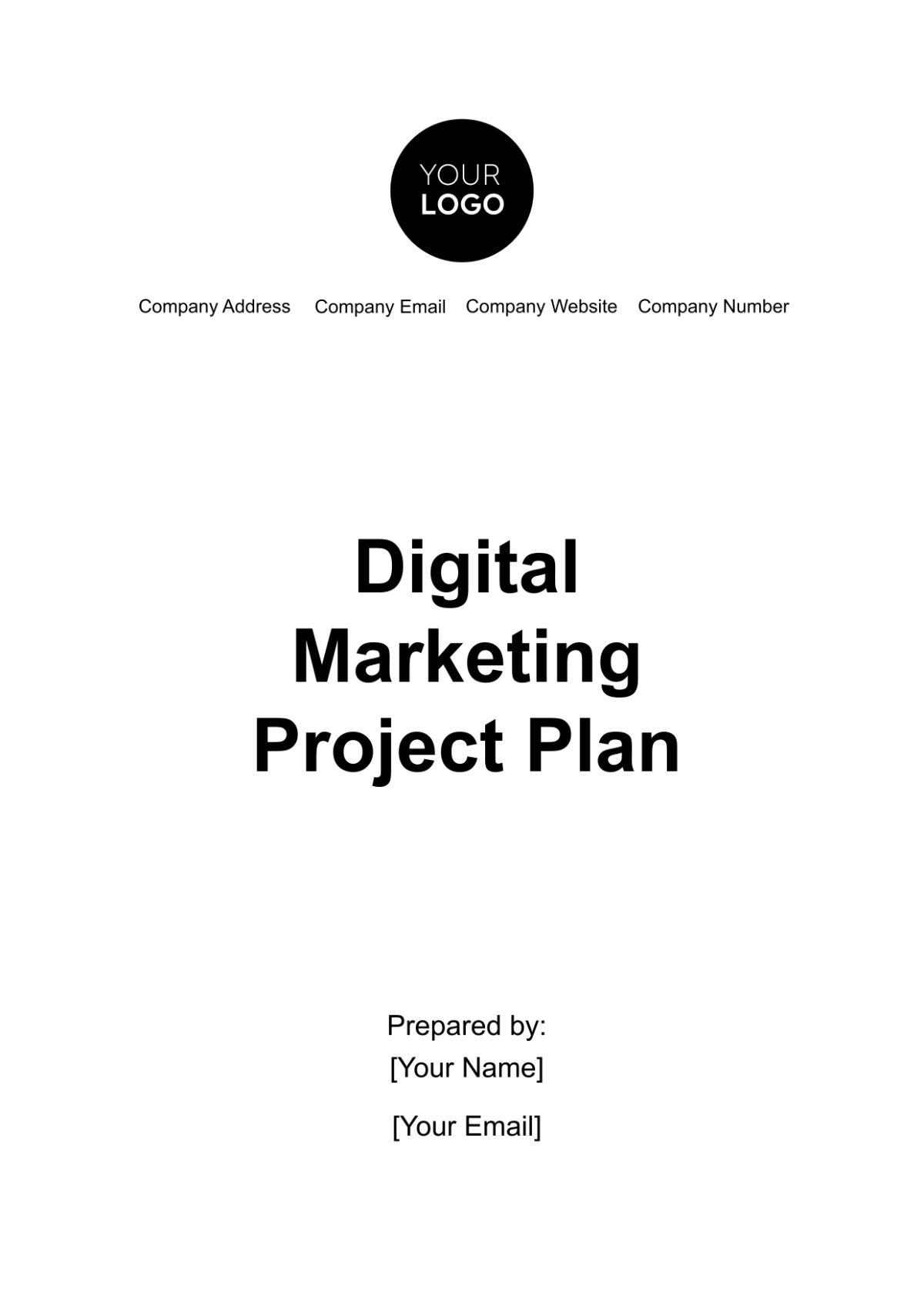
I. Executive Summary
This project aims to enhance [Client’s Name]’s presence on various social media platforms through strategic and creative methods. The following plan outlines our approach, expected results, timeline, and resource allocation for a successful [2050] social media campaign. The goal is to effectively communicate the brand's message and significantly increase its visibility and customer engagement throughout the year.
II. Campaign Objectives
Clearly defining objectives is essential to the success of any campaign. The following objectives will serve as measurable benchmarks for assessing the performance of this social media campaign. Each goal is aligned with [Client’s Name]’s broader marketing and business objectives for [2050].
Increase Brand Awareness: Our target is to grow [Client’s Name]’s follower base by [40%] across all major social media platforms by the end of the year.
Engage Target Audience: We aim to achieve a [50%] increase in engagement metrics, such as likes, comments, and shares, ensuring meaningful interaction with the content.
Lead Generation: The campaign will focus on driving [10,000] new leads through strategic social media efforts, building a robust sales funnel for [Client’s Name].
Sales Conversion: Convert at least [20%] of generated leads into paying customers, supporting revenue growth goals for [2050].
III. Target Audience
Identifying the right audience is crucial for tailoring a campaign that resonates and delivers results. The target audience is segmented into different groups based on demographics, behaviors, and interests. By doing so, [Your Company Name] will ensure the content speaks directly to those who are most likely to engage with the brand and become loyal customers.
A. Primary Audience
Demographic: | 18-35 years old |
|---|---|
Interests: | Technology, digital trends, entertainment |
Location: | Urban centers in the USA and Canada |
Social Media Habits: | Daily active users of Instagram and TikTok, with high levels of engagement on short-form video content. |
B. Secondary Audience
Demographic: | 36-50 years old |
|---|---|
Interests: | Business, personal development, networking |
Location: | USA and Canada |
Social Media Habits: | Primarily active on Facebook and LinkedIn, engaging with professional and informational content. |
IV. Key Platforms and Strategies
Each social media platform has unique strengths and user behaviors. To leverage these platforms effectively, tailored strategies must be employed to ensure that the content resonates with the platform’s user base. [Your Company Name] will develop platform-specific content to maximize reach and engagement.
Platform | Content Strategy | Frequency |
|---|---|---|
High-quality visuals, carousel posts, influencer partnerships | Daily posts, weekly ads | |
Long-form posts, boosted ads, community engagement | 3 posts/week, bi-weekly ads | |
Thought leadership articles, case studies, company updates | 2 posts/week | |
TikTok | Short, viral-friendly videos, influencer collaborations | Daily videos |
Real-time updates, Q&A sessions, customer service interactions | 5 tweets/day |
Each platform requires a specific approach. Instagram and TikTok will focus on highly visual, engaging content, while Facebook and LinkedIn will utilize longer-form, informative posts. The frequency of posting is carefully planned to maintain consistency and avoid overwhelming the audience.
V. Content Plan
Compelling and engaging content is at the heart of a successful social media campaign. This section outlines the types of content that will be created to captivate the audience, increase engagement, and drive conversions. The content plan ensures a balance between promotional material and value-added content that educates and engages the audience.
Promotional Content: This includes special offers, discounts, and product/service promotions designed to drive immediate action from the audience.
Educational Content: Blog posts, infographics, tutorials, and webinars to provide value to the audience while establishing [Client’s Name] as an industry expert.
Interactive Content: Polls, Q&A sessions, and giveaways to encourage user interaction and build community engagement.
User-Generated Content (UGC): Campaigns encouraging users to share their experiences and tag the brand, increasing organic reach and authenticity.
VI. Project Timeline
A well-structured timeline is essential for keeping the project on track and ensuring each phase of the campaign is executed on time. The timeline below breaks down key milestones, ensuring the campaign runs smoothly and adapts to any changes.
Phase | Activity | Timeline |
|---|---|---|
Planning & Strategy | Define goals, create content calendar | [Month Day, Year] -[Month Day, Year] |
Content Development | Create content, design visuals, write copy | [Month Day, Year] -[Month Day, Year] |
Campaign Launch | Launch first posts and ads | [Month Day, Year] -[Month Day, Year] |
Mid-Year Review | Assess metrics and refine strategy | [Month Day, Year] -[Month Day, Year] |
End-of-Year Review | Final assessment, report preparation | [Month Day, Year] |
VII. Budget Overview
To ensure that resources are allocated effectively, a clear budget is necessary. This section outlines the financial investment required for each component of the campaign, ensuring that the project stays within its allocated budget while maximizing return on investment.
Expense Category | Estimated Cost |
|---|---|
Content Creation | $30,000 |
Social Media Ads | $50,000 |
Influencer Partnerships | $25,000 |
Social Media Tools | $10,000 |
Miscellaneous | $5,000 |
Total | $120,000 |
The bulk of the budget will go towards social media advertising, followed by content creation and influencer partnerships. Miscellaneous costs cover any unanticipated expenses that may arise during the campaign.
VIII. Key Performance Indicators (KPIs)
Measuring the success of the campaign is crucial for understanding its impact and making necessary adjustments. The following KPIs will provide a clear picture of the campaign’s performance and help guide decision-making.
Reach: The total number of users who are exposed to the campaign’s content.
Engagement Rate: The percentage of users who engage with the content (likes, comments, shares).
Conversion Rate: The percentage of leads generated from social media campaigns.
Cost Per Click (CPC): The average cost incurred for each click generated from social media ads.
Return on Investment (ROI): The overall profitability of the campaign relative to its cost.
IX. Risk Management
Every campaign carries inherent risks, from low engagement to negative feedback. A proactive approach to managing these risks ensures that potential issues are addressed before they escalate. This section outlines the primary risks and the mitigation strategies that will be employed to handle them.
Risk of Negative Feedback: We will have a dedicated team to monitor and respond to negative comments or reviews swiftly. Proper engagement and addressing concerns professionally will mitigate reputational risks.
Low Engagement Rates: If engagement metrics are not meeting targets, content types and posting times will be adjusted. Regular reviews and split testing will ensure we maximize audience interaction.
Budget Overruns: Close monitoring of ad spend and resource allocation will help prevent budget overruns. Budget adjustments will be made as necessary based on performance data.
X. Results Reporting
A comprehensive reporting mechanism will be in place to track the campaign's performance over time. By regularly analyzing the data, [Your Company Name] can ensure that the campaign remains on track to achieve its objectives.
Monthly Reports: Track ongoing performance metrics such as engagement, leads generated, and ad spend.
Quarterly Reviews: Assess broader trends and adjust strategies as necessary to ensure the campaign’s continued success.
End-of-Year Report: A detailed assessment of the campaign’s success, including ROI and a breakdown of each platform’s performance.
XI. Conclusion
This social media campaign project plan outlines a clear path to achieving the objectives set for [Client’s Name]. With a well-defined audience, targeted strategies, and robust KPIs, [Your Company Name] is poised to deliver a campaign that increases brand visibility, generates leads, and converts them into customers. By adhering to the timeline, maintaining the budget, and mitigating risks, the campaign is set up for long-term success in [2050].
- 100% Customizable, free editor
- Access 1 Million+ Templates, photo’s & graphics
- Download or share as a template
- Click and replace photos, graphics, text, backgrounds
- Resize, crop, AI write & more
- Access advanced editor
Organize campaigns efficiently with the Digital Marketing Project Plan Template from Template.net. This editable and customizable template helps you outline strategies, timelines, and goals for your marketing projects. Personalize content, design, and structure using our Ai Editor Tool to ensure your project plan meets your agency’s specific needs. Download now!
